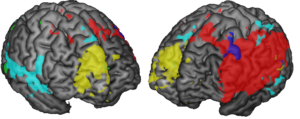Research
One of the fundamental cognitive processes that governs our social interactions is Theory of MInd, the ability that enables us to think about another person’s goals, intentions, and beliefs from the perspective of this other person. Internally we build a mental model of the other person that we can then use to predict his or her actions. In our research we investigate this process of building mental models (or mentalizing) during cooperative and competitive interactions using computational modeling and neuroimaging techniques (EEG hyperscanning, fMRI).
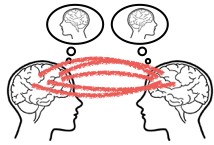
When we go about our daily lives, we constantly observe the behavior of others and obtain social information from them. How do we integrate this information into our own decisions? Do we always adhere to the group decision or do we rely on the group decision only, when we are uncertain about the best option?
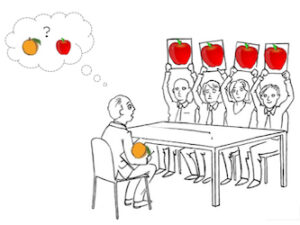
We are constantly bombarded with information from different sensory modalities (vision, audition, taste etc.) and early processing of this information is computed independently from the other modalities in primary and secondary association cortices. Only later, the different sensory streams are integrated into a coherent multi-modal percept. Such cross-modal integration is often computed in the TPJ and the posterior part of the superior temporal sulcus (postSTS).
The information of different sensory streams may predict reward or punishment to a different degree and this predictive information could influence the integration of these modalities. In this project, we are investigating how the representations in these brain regions that underlie cross modal integration change as a function of reward learning.
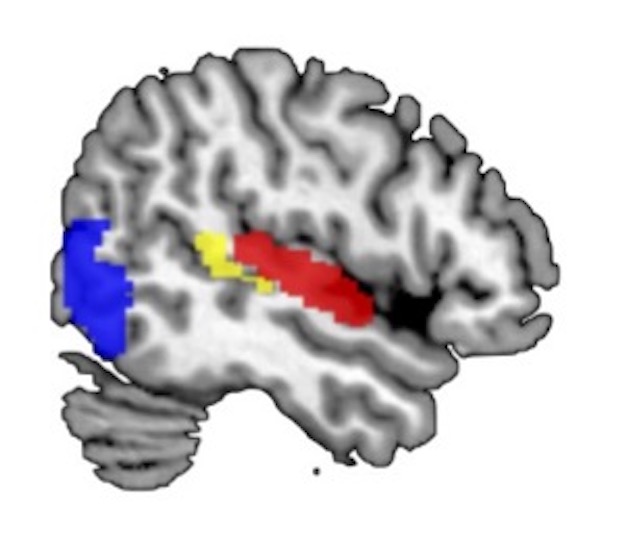
A decade of research has shown that brain activation patterns contain distinct information about stimuli that can even be predictive to upcoming stimuli or events. However, these representations of stimuli and events are dynamic and change as we gather more experience with a situation or if we learn something new. In this project we are investigating the changes in representations during learning and decision-making.
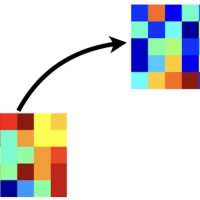
Lesion mapping appears a bit antiquated in the age of fMRI and EEG/MEG, but its strength for making strong inferences about brain functions remains unmatched. Because lesion patients are usually tested with neuropsychological instruments and behavioral tasks (i.e. no functional neuroimaging data), the quality of lesion mapping hinges on the comprehensiveness of the behavioral assessment. In this line of research we build upon long-time collaborations with researchers at the University of Iowa and Caltech to investigate lesion mapping of cognitive functions in a large sample of lesion patients with an unprecedented richness in the assessments of cognitive functions.
